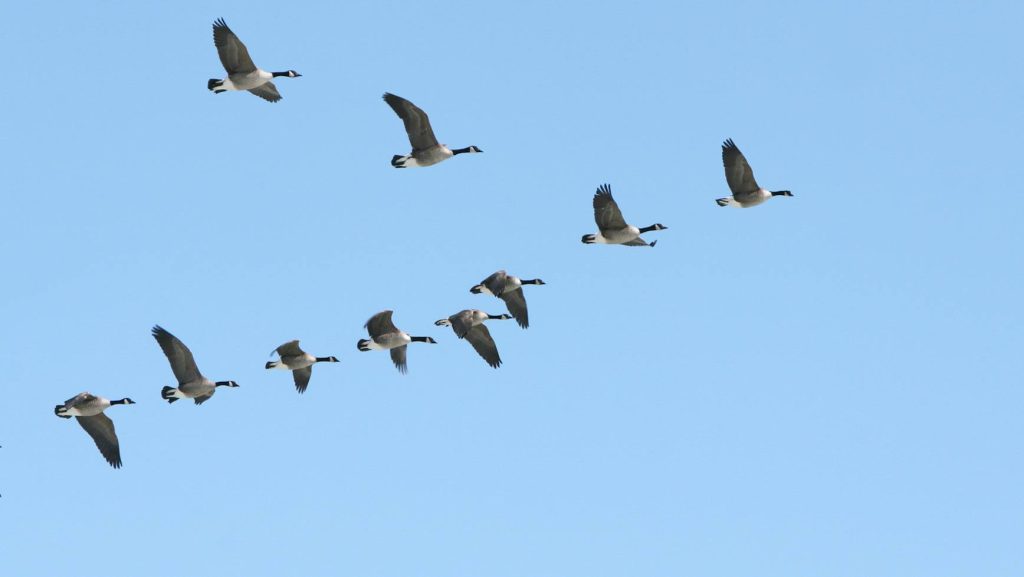-
Health & Wellness
(Video)Keeping an eye on avian influenza

The Centers for Disease Control and Prevention (CDC) has confirmed that a person from Missouri has become the 14th person in the U.S. to contract avian influenza, also called bird flu. This is believed to be the first case where the patient had no known contact with infected animals.
"Why is this concerning? Because the more we see avian influenza move from a bird virus to a virus that can infect and be transmitted among mammals, the higher the concern of a virus gaining the ability to be efficiently spread from one human to another and cause serious disease," says Dr. Matthew Binnicker, director of the Clinical Virology Laboratory at Mayo Clinic.
Watch: Dr. Matthew Binnicker discusses avian influenza
Journalists: Broadcast-quality sound bites are available in the downloads at the bottom of the posts. Name super/CG: Matthew Binnicker, Ph.D./Laboratory Medicine and Pathology/Mayo Clinic
The good news, he adds, is that health officials are better prepared to respond to an avian influenza outbreak than they were to COVID-19, which was a brand-new virus. Bird flu has been recognized for several decades. Dr. Binnicker says that there is a candidate vaccine already available, which the CDC can share with vaccine manufacturers for rapid distribution.
When it comes to treatment, Dr. Binnicker says the world is also better prepared for bird flu compared to COVID-19. "The antivirals that we have to treat normal human influenza also seem to be effective at treating avian influenza," he says.
Dr. Binnicker says a lot was learned from the COVID-19 pandemic, including how to control the spread of respiratory disease by: "staying home if you're sick, wearing a mask if you go out in public, getting vaccinated against normal seasonal influenza, so there's no confusion about what virus you might be infected with."
Additional Resources:
- Monitoring the H5N1 avian influenza, bird flu, outbreak
- Mayo Clinic virologist offers perspective on avian influenza, bird flu, outbreak
- What you need to know about the avian influenza outbreak
Related Articles







